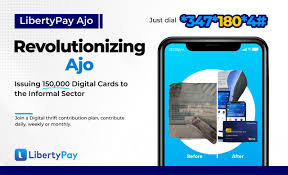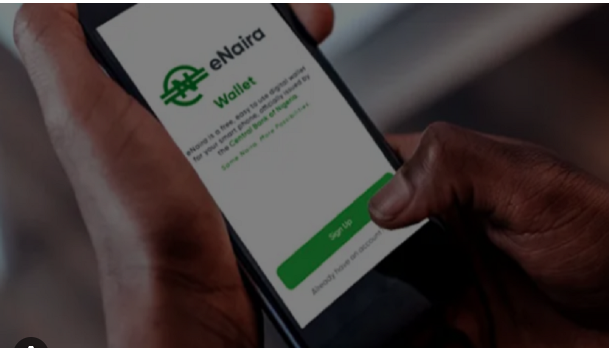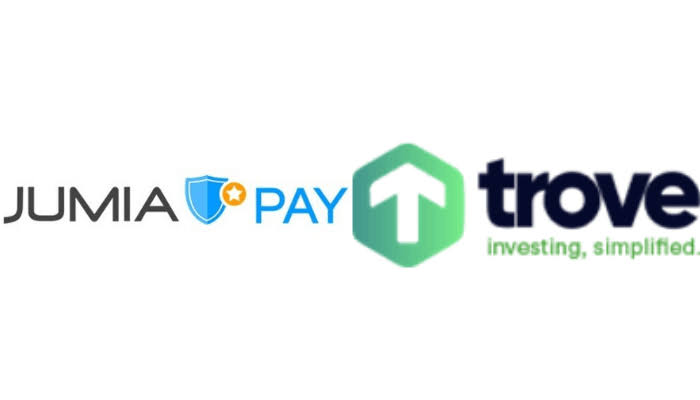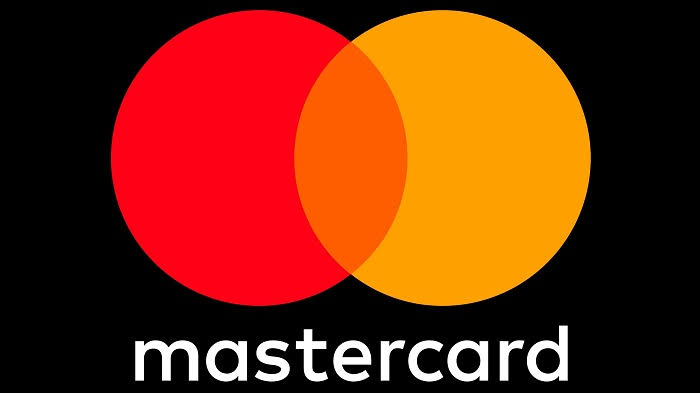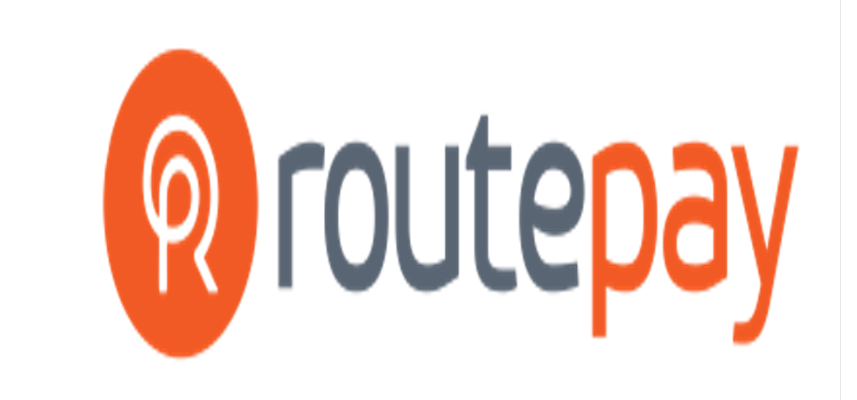Flutterwave and Microsoft have just established a strategic technological relationship that will last for five years.
Flutterwave plans to create its next-generation platform on Microsoft Azure as part of the newly formed relationship. The company’s overarching objective is to expedite payment innovation in Africa and, as a result of this, to speed up the expansion of small businesses across the continent.
The success of Africa’s small and medium-sized businesses (also known as SMEs) is essential to the continent’s overall prosperity and development.
According to the most recent estimates, somewhere around 90% of the population of the continent is employed in SMEs. In addition to providing employment opportunities, the enterprises in question are frequently at the vanguard of innovation and offer answers to some of Africa’s most serious societal problems.
Despite the fact that new enterprises and small businesses, in general, represent the backbone of the African economy, these entities must overcome huge challenges in order to be successful.
According to research conducted by the African Union Development Agency, around five out of every seven small and medium-sized enterprises (SMEs) in Africa will fail during their first year of operation. In a similar vein, the failure rate for new businesses in Africa is approximately 54% on average.
A lack of access to financial services and the inability to trade in a smooth manner across various local payment methods are fundamental barriers for both small and medium-sized enterprises (SMEs) and startups. Even while cash is still used in over 90% of transactions across Africa, approximately half of the continent’s small companies do not have access to financing.
Ola Williams, Country Manager, Microsoft Nigeria, said: “To drive sustainable growth in Nigeria, small businesses need the ability to participate more actively in the local and even global marketplace. This begins with digital financial inclusion. If we want to build a more resilient country and ultimately a more prosperous continent, we must begin by giving these businesses the digital financial services they need, not just to survive, but to thrive.”
Read also: Flutterwave announces engineering mobility program with Capgemini
The goal of Flutterwave
The objective of Flutterwave has always been to assist businesses in overcoming obstacles related to access to financial services and to link them to the international arena. This is accomplished by facilitating a variety of payment modalities, which may include local and foreign cards, mobile wallets, and bank transfers.
In point of fact, since its founding, Flutterwave has made significant progress toward the democratization of payment methods in Africa. The payments technology startup hopes that by working together with Microsoft, they will be able to accelerate their growth and further revolutionize the payment processes used by businesses across Africa.
Flutterwave will be able to process high-volume payments at scale once it has transitioned away from its traditional infrastructure and onto Azure. This will guarantee that its customers will have a payment experience that is both seamless and secure. It also has the possibility to scale its product offering to millions of merchants all around the world through the use of the Azure OpenAI Service.
Remarks
Olugbenga ‘GB’ Agboola, Founder and CEO of Flutterwave, said: “In our journey at Flutterwave, we’ve always strived to touch lives by simplifying payments and connecting dreams to opportunities. Today, as we join hands with Microsoft, it feels like a family reunion of visionaries and go-getters. The excitement in our team is palpable because this partnership isn’t just about transactions – it’s about transformation. We’re honoured that Microsoft believes in our vision and trusts our capability. I am proud to say we’re not just dreaming of an inclusive digital Africa; we’re creating it.”
As part of the agreement, Flutterwave will also launch transactable solutions on Azure Marketplace. This will include the company’s finance-as-a-service offering for small and medium-sized businesses (SMBs). This will further broaden the reach of Flutterwave’s offering.
“Microsoft is committed to fast-tracking economic growth in Africa through the transformative power of technology – a key part of this involves making it possible for SMEs to acquire the digital financial tools and services they need to succeed,” said Lillian Barnard, President of Microsoft Africa.
She continued: “We believe greater access to technology and innovation holds the key to building thriving local businesses that will create stronger economies to enable a brighter future for all.”

